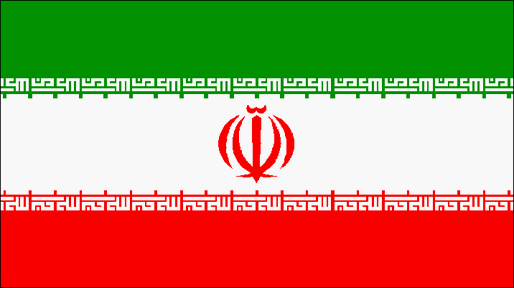





Iran�s national objectives and strategies are shaped by its regional political aspirations, threat perceptions, and the need to preserve its Islamic government. Tehran strives to be a leader in the Islamic world and seeks to be the dominant power in the Gulf. The latter goal brings it into conflict with the United States. Tehran would like to diminish Washington�s political and military influence in the region. Within the framework of its national goals, Iran continues to give high priority to expanding its NBC weapons and missile programs. Thus, in 1991 Ayatollah Mohajerani [one of President Rafsanjani�s deputies] said, "since the enemy has atomic capabilities, Islamic countries must be armed with the same capacity." However, the nuclear program appears to be a general hedge, to develop the nuclear option, rather than a crash program.
Iran�s national objectives and strategies are shaped by its regional political aspirations, threat perceptions, and the need to preserve its Islamic government.
The Iran-Iraq war was the greatest influence on Iran�s decision to pursue special weapons capabilities. Iran�s emphasis on pursuing independent production capabilities for NBC weapons and missiles is driven by its experience during the 1980-1988 war with Iraq, during which it was unable to respond adequately to Iraqi chemical and missile attacks and suffered the effects of an international arms embargo. Iran is not convinced that Iraq�s NBC programs will be adequately restrained or eliminated through continued UN sanctions or monitoring. Instead, the Iranians believe that they will face yet another challenge from their historical rival. Given difficulties in modernizing its conventional forces, Iran appears to be be working on special weapons as a deterrent against aggression.
Tehran probably views NBC weapons and the ability to deliver them with missiles as decisive weapons for battlefield use, as deterrents, and as effective means for political intimidation of less powerful neighboring states. Some have argued that Iran's understanding of military victory differs from that of the West, deriving from Islamic precepts of matyrdom and righteousness, and that consequently traditional threats of nuclear retaliation might not deter Iranian use of special weapons.
